International Schools in Democratic Republic of Congo
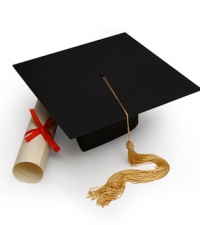
You will find below a list of the most popular international and bilingual schools for expats in Democratic Republic of Congo with fee information. It includes nursery schools, primary and secondary (high) schools and you will find the right school to prepare for International Baccalaureate, and other diploma in Democratic Republic of Congo. Some schools will follow the American or British curriculums with English speaking programs while others are regulated under the Belgian education system.
Education in Democratic Republic of Congo
The civil war has greatly affected the ability of children in the Congo to receive an education. It is estimated that about 65 percent of children ages 10 to 14 attend school and over 5.2 million children in the country receive no education. There are issues about what is offered by law in education, and what is applicable in real life. For instance, primary education is not free and compulsory even though the Congolese constitution says it should be (Article 43 of the 2005 Congolese Constitution).
The education system is governed by three government ministries: the Ministère de l'Enseignement Primaire, Secondaire et Professionnel (MEPSP), the Ministère de l'Enseignement Supérieur et Universitaire (MESU) and the Ministère des Affaires Sociales (MAS). The system is based on that of Belgium. There are about 20,000 primary schools serving 160,000 students; and 8,000 secondary schools serving 110,000 others.
International Schools
International schools can be the perfect solution for an expat student (multinational corporation executives, children of diplomats, NGO staff) in the Democratic Republic of Congo. There may be some local population, but the schools are usually geared for an international student body. Schools may follow a curriculum model from the US, UK, or France. Primary instruction may be any language (and multiple languages are usually taught), but it is usually in English, French, or German. Schools provide similar standards of schooling around the globe, providing for an easy transition between schools whether they are in France or Vietnam. Schools also provide internationally accepted accreditation such as the international baccalaureate.
Admission and enrollment procedures vary from school to school. Space is often limited and preference may be given to students based on nationality. Tuition tends to be expensive based on local standards, but offers high standards of learning, boast smaller class sizes, first-rate facilities, and extracurricular. Boarding facilities are available at some schools, but most only provide day classes.
Accreditation
- The CoIS (Council of International Schools) is a non-profit association of international schools and post-secondary institutions which provides educational accreditation, teacher and leadership recruitment services, links to higher education, governance assistance and help with founding new schools.
- The Association of International Schools in Africa (AISA) has a membership of schools in Africa with some schools based on an American based curriculum, others on British, and still others have an eclectic mix.
- Independent Schools Association of Southern Africa (ISASA) is another accrediting body in Africa.
- Middle States Association of Colleges and Schools is a voluntary, peer-based, non-profit association dedicated to educational excellence and improvement through peer evaluation and accreditation.
Kinshasa
American School of Kinshasa (TASOK)
Address: Rte de Matadi, Ngaliema
Kinshasa II, République Démocratique du Congo
Tel: 0818846619
Tuition Rates: Inquire at school
The school is an English language college-preparatory international school. It is an independent, coeducational day school for students from kindergarten through to grade 12. The curriculum is U.S. based and sponsored by the State Department of the United States through the Office of Overseas Schools. French is offered as a second language. It is accredited by the Middle States Association of Colleges and Schools. Overseas teachers, primarily from the US, Canada, and the UK, live on the campus in one of two residential areas.
Little Jewels International School (AISB)
Address: Gombe 7475, Avenue OUA
Kinshasa, République Démocratique du Congo
Tel: (00243) 99 99 09 163
E-mail: littlejewels@ic.cd
Tuition Rates: Inquire at school
An elementary school with a focus on an international curriculum. The school was founded in 1972. It offers an American Syllabus in English instruction.
Lubumbashi
The English-Speaking School of Lubumbashi (TESOL)
Address: 1 route Kipopo
Terminus Golf, Lubumbashi, République Démocratique du Congo
Tel: (+243) 819 644306
Tuition Rates: Inquire at school
The United Methodist day school for students from preschool through Grade 12. All subjects are taught in English, with the exception of language courses (French for four periods per week and Swahili for one period per week). The school is an affiliate member of the Association of International Schools in Africa and a member of the International Association of Methodist Schools, Colleges, and Universities.
The Academy for English Education of Lubumbashi (AFEEL)
Address: 16, Avenue de Musee
Commune de Lubumbashi, Republic of Congo.
Tel: 09970 15013 / 08173 57440
Tuition Rates: Inquire at school
AFEEL is based on the English school system. There is a nursery, reception year, pre-school and kindergarten. In December and June there are formal examinations with test work done over a longer period based on the British Standard Assessment Tests.
- Democratic Republic of Congo: EasyExpat.com is looking for networkers/helpers for...
- Democratic Republic of Congo: EasyExpat.com recherche des animateurs pour notre...
- Democratic Republic of Congo: New Members in Democratic Republic of Congo: Welcome!
- Democratic Republic of Congo: Quels festivals en République démocratique du Congo ?
- Democratic Republic of Congo: Que faire en vacances en République démocratique du...
- My Life Abroad -
A selection of expat stories

"A fun compulsive read!"
J. Matcham, Amazon
"I strongly advise people ready to live abroad to read this book!"
Patrice, Amazon

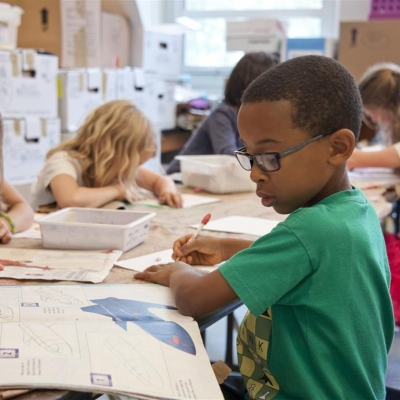 5 Top International Education Systems For Expat Kids
5 Top International Education Systems For Expat Kids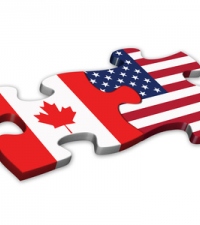 Same language, different ball-game
Same language, different ball-game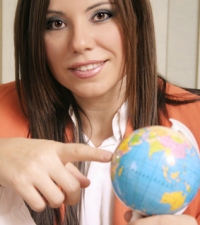 Finding a job after earning your TEFL Certificate abroad
Finding a job after earning your TEFL Certificate abroad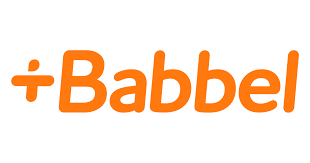 Babbel
Babbel